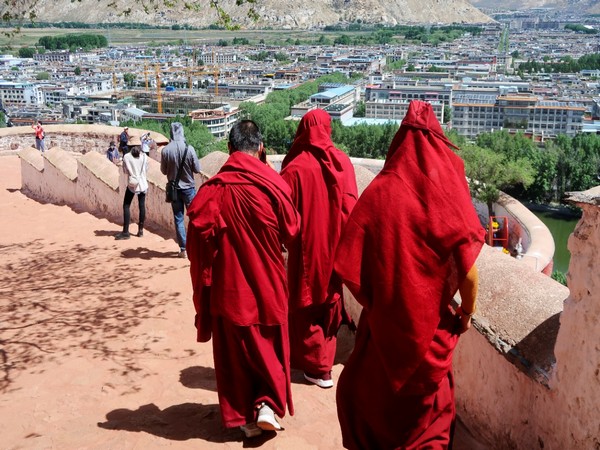CTA Condemns China's Cultural Assimilation in Tibet Through Boarding Schools
The Central Tibetan Administration has raised concerns about China's imposition of colonial-style boarding schools in Tibet. These schools erode Tibetan culture by enforcing political indoctrination and Mandarin education. The CTA urges global intervention to protect Tibetan cultural and religious freedoms.

- Country:
- India
The Central Tibetan Administration (CTA) has expressed grave concern over China's reinforcement of colonial-style boarding schools in Tibet. According to a recent CTA press release, alarming reports from the Ngaba region indicate that China's education policies are threatening to erase Tibetan culture, religion, and lifestyle.
The CTA revealed that over 1,700 young monks from Kirti Monastery and two other monasteries in Dzoge County, Ngaba, are being forcibly removed from monastic life and enrolled in government-run boarding schools. This policy, aimed at monks under 18, has been implemented despite the objections of the monks and their families.
Furthermore, the CTA criticized the schools for emphasizing political indoctrination and mandatory praise for the People's Republic of China (PRC), teaching primarily in Mandarin. This undermines Tibetan language skills and cultural ties. Students are also banned from visiting their monasteries during school breaks, further disconnecting them from their cultural and spiritual practices.
Local authorities have reportedly threatened to revoke public benefits and even imprison parents who resist sending their children to these schools. Restrictions on building new homes and livestock numbers for nomads are also being enforced, the CTA said.
The CTA has called for immediate international intervention from governments, the United Nations, human rights organizations, and educational institutions to protect cultural diversity and religious freedom. They urged the Chinese government to honor its international obligations and halt its assimilationist policies in Tibetan regions.
Established in 1960 and operating from Dharamsala, India, the CTA aims to promote the welfare of Tibetans and advocate for their rights and autonomy. It plays a crucial role in the governance of the Tibetan community outside Tibet, including enacting laws, approving budgets, and overseeing executive functions.
(With inputs from agencies.)










